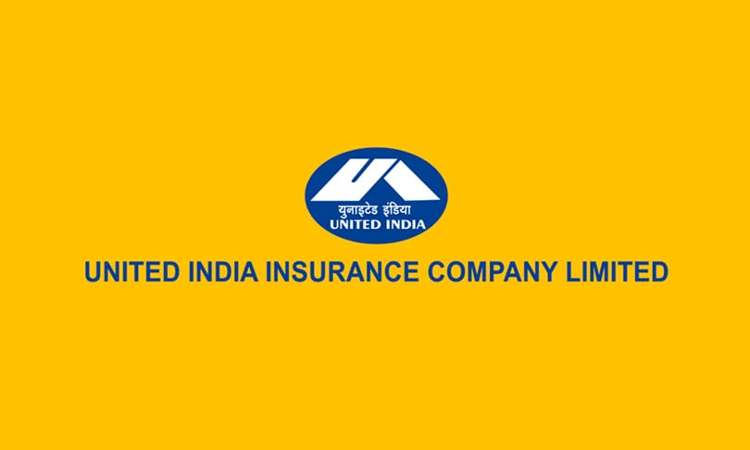NCDRC Holds United India Insurance Liable For Denial Of The Insurance Money
Ayushi Rani
8 Feb 2024 10:00 AM IST

Next Story
8 Feb 2024 10:00 AM IST
The National Consumer Disputes Redressal Commission, presided by AVM J. Rajendra AVSM VSM(member), held United India Insurance liable for deficiency in service over denial of the insurance money without evidence establishing a direct connection between the insured goods and the cause of the accident. Contentions of the Complainant The complainant, a pharmaceutical manufacturer,...
